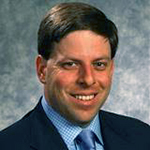 Evan Kraus |
Communications technology does a terrific job in connecting individuals, but it also divides people into tribes, APCO Worldwide’s Evan Kraus said at the Institute for Public Relations’ research symposium in New York on Nov. 29.
Tribes, of course, have existed throughout time. While they once were groupings of native peoples, today’s tribes could be team t-shirt wearing softball players heading for a game on the National Mall, noted Kraus.
He said technology cuts both ways, making it easier for people to find/join tribes and for PR people to reach them.
During a smart and crisp 20-minute presentation, “Building Brands in an Influencer Dominated World,” Kraus focused on the importance of targeting “super-influencers,” who represent 12 to 15 percent of the overall population.
Kraus, who is APCO’s president and managing director, said savvy communicators reach out to super-influencers as they are the tribal leaders. “Who are they?,” asked Kraus. “Get to know them and find out how they feel about you.”
The super-influencers can pull together their tribes to either “carry the water or go after” a PR firm’s client.
Kraus views today’s technology-driven tribes as mobs carrying cellphones rather than pitchforks.
“These people are not barbarians at the gate,” he joked, rather they could be developed as allies to help spread a client’s message.
Kraus said technology and the rise of social networks have made the traditional way that companies communicate (e.g., create and push out their own messages) obsolete.
Similarly, the old brand promise of offering the best price/quality/reliability doesn’t resonate with today’s consumers who want to identify and engage with brands.
Kraus cited APCO research that found consumers want companies to take a stand on social issues, believe the private sector will assume duties once performed by the central government and feel solutions to society’s major problems will come from businesses.
He pointed to the Trump Administration’s decision to walk away from the Paris global warming accord as an example of local mayors and businesses stepping into the void left by Washington and committing to reduce pollution.


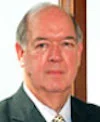 A look at today's magazines, newspapers and the graphics on television and consumer products raises the question of whether or not designers know their intended audience.
A look at today's magazines, newspapers and the graphics on television and consumer products raises the question of whether or not designers know their intended audience.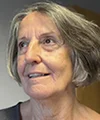 PR and marketing departments are in the hot seat, as forecasts show that growth in advertising spend stalled in 2023 in the wake of cost-of-living increases and continued economic uncertainty.
PR and marketing departments are in the hot seat, as forecasts show that growth in advertising spend stalled in 2023 in the wake of cost-of-living increases and continued economic uncertainty. WPP has forged what it calls a “first-of-a-kind global agency partnership” with China’s TikTok, a short-form mobile video platform.
WPP has forged what it calls a “first-of-a-kind global agency partnership” with China’s TikTok, a short-form mobile video platform.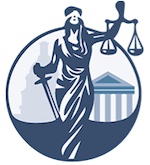 Widespread disinformation may derail Biden/Harris agenda, according to a coalition of advocacy groups, who see the need for government-wide strategy to repair broken information ecosystem. (1 reader comment)
Widespread disinformation may derail Biden/Harris agenda, according to a coalition of advocacy groups, who see the need for government-wide strategy to repair broken information ecosystem. (1 reader comment)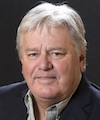 There's a media appetite for positive stories right now, anything to counterbalance the steady stream of bad news from the deadly spread of COVID-19. (1 reader comment)
There's a media appetite for positive stories right now, anything to counterbalance the steady stream of bad news from the deadly spread of COVID-19. (1 reader comment)


 Have a comment? Send it to
Have a comment? Send it to 
No comments have been submitted for this story yet.